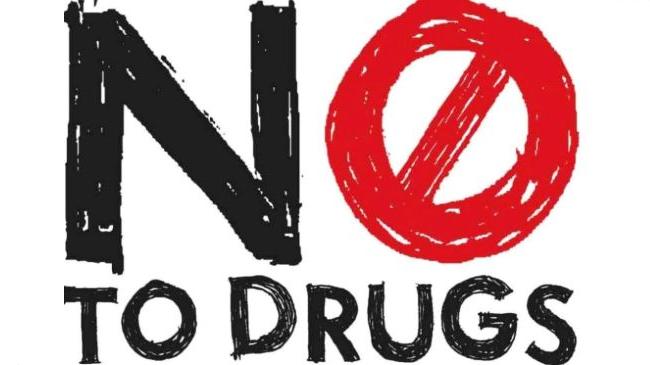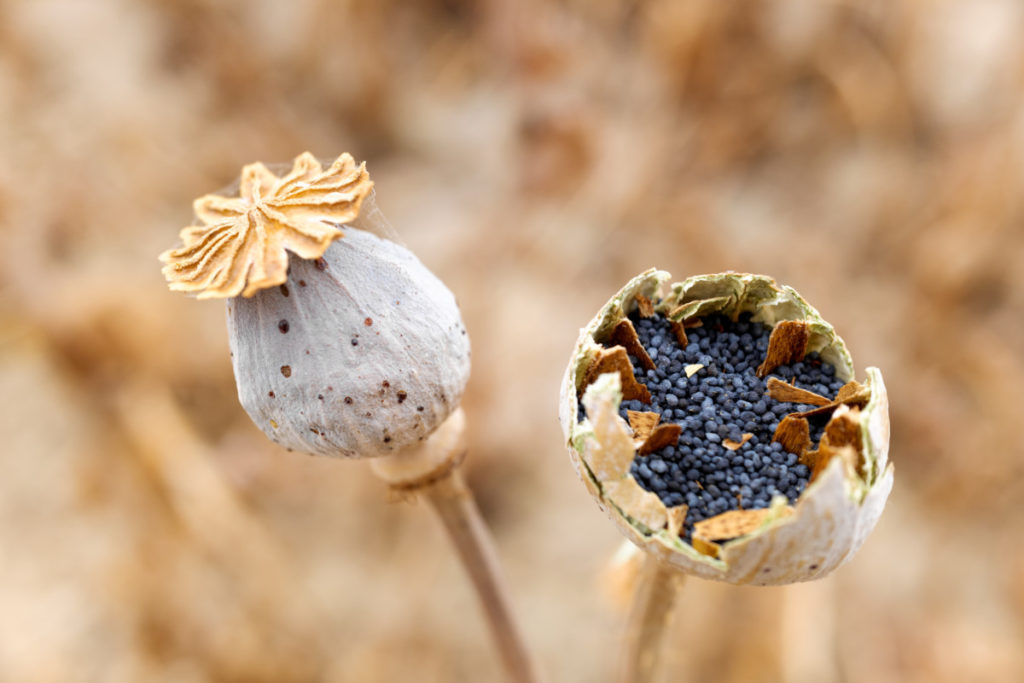Poppy seeds, those tiny black pearls sprinkled atop bagels and baked goods or infused into savory dishes, have a long history of culinary use across the world. However, they also possess a curious duality—while they offer numerous health benefits, several countries ban or regulate them for reasons we will explore in this blog. Let’s delve into the intriguing world of poppy seeds, uncovering the reasons behind their bans and their notable benefits.

The Ban on Poppy Seeds
Poppy seeds originate from the opium poppy plant, scientifically known as Papaver somniferous. This plant is infamous for being the source of opium, a powerful narcotic with both medicinal and recreational applications. The controversy surrounding poppy seeds arises from their proximity to the opium-containing latex within the plant.
Risk of Cross-Contamination
One of the primary reasons for the ban on poppy seeds in many countries is the potential for cross-contamination between the seeds and opium. Poppy plants cultivated for seed production may inadvertently contain trace amounts of opium residue due to the close proximity of the seeds to the opium-rich latex. Harvesting and processing can transfer these minute traces of opiates to the seeds, making them unsuitable for consumption in countries with strict drug laws.
False Positives in Drug Tests
Another significant concern is the potential for false positives in drug tests. Even when free from opium contamination, poppy seeds can contain minimal quantities of morphine and codeine. The consumption of poppy seed-containing products can lead to positive drug test results for these substances. Such false positives can have legal consequences, especially for individuals in professions that require regular drug testing, including athletes, law enforcement officers, and transportation workers.
Legal Implications
Countries that have banned or heavily regulated poppy seeds often do so to combat drug trafficking and substance abuse. While poppy seeds themselves are not a significant source of opium, they can potentially be exploited for illegal extraction of opiates. To address these concerns, authorities in these nations take proactive measures to control the availability and use of poppy seeds.

The Health Benefits of Poppy Seeds
While the controversies surrounding poppy seeds are valid, it’s important to acknowledge their potential health benefits when consumed in moderation.
Nutrient-Rich Profile
Poppy seeds are packed with essential nutrients, including dietary fiber, healthy fats, and a range of vitamins and minerals. They are a good source of calcium, phosphorus, magnesium, and manganese, contributing to overall bone health and supporting various bodily functions.
Heart Health
The monounsaturated and polyunsaturated fats found in poppy seeds can help improve heart health by reducing bad cholesterol levels and promoting good cholesterol. Additionally, the magnesium content in poppy seeds plays a role in regulating blood pressure and reducing the risk of heart disease.
Digestive Health
Poppy seeds are an excellent source of dietary fiber, which aids in digestion by promoting regular bowel movements and preventing constipation. Fiber also supports a healthy gut microbiome, which has a positive impact on overall digestive health.
Antioxidant Properties
Poppy seeds contain antioxidants such as vitamin E and phytochemicals, which help protect cells from oxidative stress and reduce the risk of chronic diseases. Antioxidants play a crucial role in maintaining overall health and well-being.
Sleep Aid
Historically, poppy seeds have been used to promote relaxation and improve sleep quality. The seeds contain compounds like tryptophan and the amino acid arginine, which may contribute to better sleep patterns when consumed in moderation.
The ban or regulation of poppy seeds in various countries reflects the delicate balance between public safety and culinary traditions. While concerns about opium cross-contamination, false positives in drug tests, and efforts to combat drug trafficking primarily drive the bans, it is essential to acknowledge the numerous health benefits that poppy seeds offer when consumed responsibly.
The world of poppy seeds is indeed paradoxical, marked by both controversy and commendable health benefits. Being informed and responsible consumers allows us to appreciate the culinary and nutritional advantages that poppy seeds bring while respecting the legal frameworks that govern their use.



